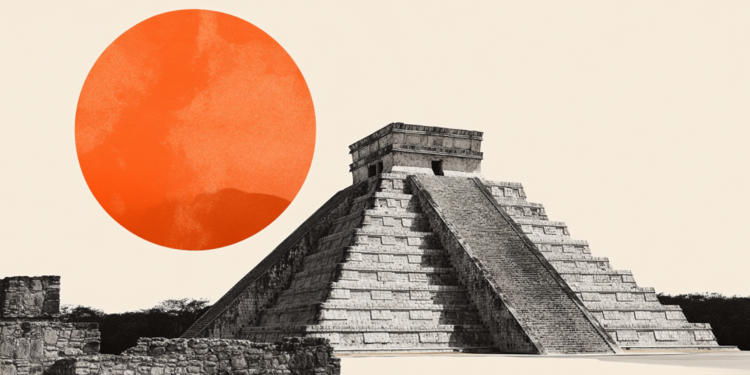The National High School Exam (Enem), the largest entrance exam in Brazil and gateway to higher education institutions nationally and internationally, will take place on two consecutive Sundays, on the 5th and 12th of November.
On the first day of the exam, participants will have 5 hours and 30 minutes to mark the questions and write an essay.
On the second day, November 12th, candidates must complete the resolution of the questions within 5 hours.
The gates of the places where each candidate will take the test open at 12pm and close promptly at 1pm. Candidates who are unable to arrive before the gates close will not be able to take the test.
Anyone who has completed high school or is in the process of completing it can apply. Students who have not yet completed high school can participate as “trainers”, that is, the results of the exam are used to evaluate performance and are not included in the competition for places at higher education institutions.
See also: Registration of black, brown and indigenous people in Enem does not return to pre-pandemic levels
More than 3.9 million people are registered for Enem 2023, according to the Ministry of Education (MEC), a resumption of the increase in the number of participants compared to the last two years – 13.1% compared to 2022, and 14. 2% compared to 2021, according to the National Institute of Educational Studies and Research Anísio Teixeira (Inep).
In 2019, the MEC announced that Enem would make digital tests available, so that candidates could choose to take the exam online. This modality had its last edition in 2022 and was canceled the following year. Currently, the test model is 100% in person.
First day of test
The Enem test divides its content into four areas of knowledge with 45 multiple-choice questions for each area, in addition to an essay.
There are 90 questions on the first day, and 90 questions on the second day of tests.
On the first day of the entrance exam, the candidate will encounter the following areas of knowledge:
- Human Sciences and their Technologies (History, Geography, Philosophy and Sociology)
- Languages, Codes and their Technologies (Portuguese, Literature, Arts and Foreign Language – English or Spanish, the language chosen by the candidate at the time of registration)
- Essay (Dissertation-argumentative)
It is important to pay attention to the writing model, which is dissertation-argumentative. In other words, the text can be canceled if it deviates from this format – the candidate cannot, for example, write a poem in the essay or any format that is foreign to the proposal.
Supporting texts, called “motivating” texts, will help the candidate to support arguments to start writing the essay in around 30 lines, with a proposal for intervention – a kind of suggested solution to the problem – that respects rights humans.
Both the answers to the objective questions and the text of the essay must be filled out with a black ink ballpoint pen, made of transparent material.
Second day of test
At this stage there is no writing, only 90 multiple choice questions – the participant will choose and mark, with a black pen, one of the 5 alternatives for each question.
The areas of knowledge on this day are:
- Mathematics and its Technologies (Mathematics)
- Natural Sciences and their Technologies (Chemistry, Physics and Biology)
What to do with notes
Enem scores can be used in the Unified Selection System (Sisu) and in the University for All Program (ProUni).
Sisu is the platform where public higher education institutions offer places for their courses, with different required cutoff scores. Candidates who obtained a grade greater than zero in the essay and those who are not in the training modality can register for Sisu.
ProUni works in a similar way to Sisu, but it is the system that offers scholarships at private higher education institutions.
Anyone selected for both programs must choose between one of them, as it is not permitted to obtain the ProUni scholarship while enrolled at a public higher education institution.
The candidate can also opt for the Student Financing Fund (Fies), which does not require a minimum score to participate. This is a loan made by the federal government to students who cannot pay for studies at private universities in Brazil.
Upon completing the course, in the Fies modality, the student must pay the debt, within a series of conditions made available by the government.
Source: CNN Brasil
I’m James Harper, a highly experienced and accomplished news writer for World Stock Market. I have been writing in the Politics section of the website for over five years, providing readers with up-to-date and insightful information about current events in politics. My work is widely read and respected by many industry professionals as well as laymen.







